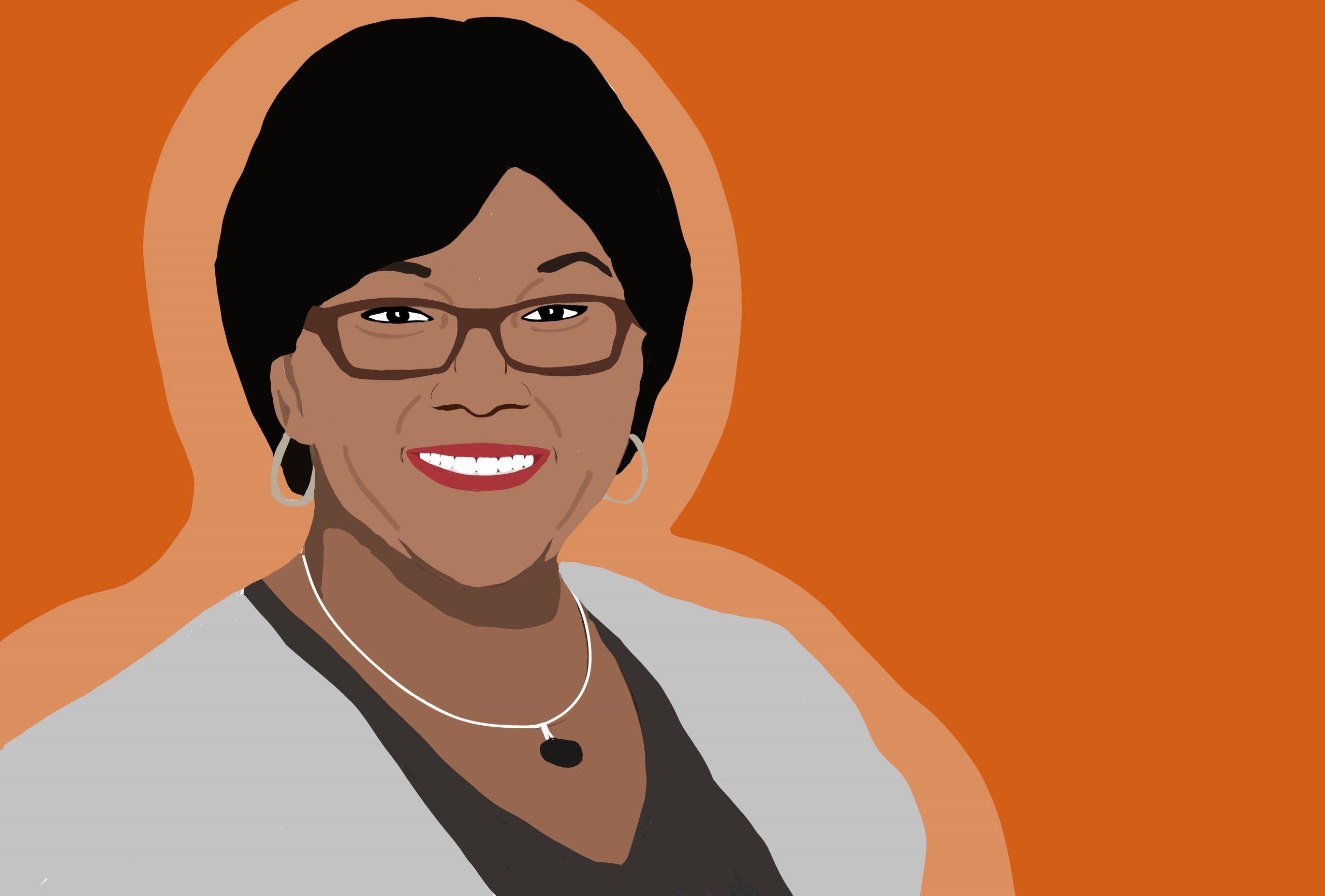Representatives from five citywide chapters of the historically Black National Pan-Hellenic Council (NPHC), also known as the Divine Nine, spoke at the Black Student Union’s (BSU) annual Meet the Greeks event held via Zoom on Oct. 9.
The Divine Nine consists of nine Black Greek letter fraternities and sororities that support Black students with academic, social and professional resources that many of the chapters do not always receive at predominantly white institutions (PWIs).
The Gamma Epsilon chapter of Alpha Kappa Alpha is citywide, including members from Drexel University, La Salle University, Philadelphia University (UPenn), St. Joe’s University and the University of Pennsylvania.
Ashley Codner, president of the Gamma Epsilon chapter of Alpha Kappa Alpha Sorority, Incorporated (AKA), and a senior at UPenn, said the main goal of her organization is for members to support each other and the Black community.
“To be able to fall back on your school’s Black community in those moments has been such a crucial thing for me throughout college,” Codner said. “Your school will really beat you down sometimes, whether that’s on an institutional level or whether that’s in your classes when you’re the only student of color.”
Zoë Welsh ’22, parliamentarian and documentarian for the Gamma Epsilon chapter of AKA, said joining Black Greek life at St. Joe’s required a lot of effort due to a lack of easily-accessible information and representation of Black Greek organizations.
“The main difficulty is that it takes a lot of personal initiative, because it’s not as easy as just getting things on campus like some of the other organizations [do],” Welsh said. “You have to do a lot of your own work in order to stay informed.”
Welsh said she is the only student at St. Joe’s who is a member of a Black Greek letter organization.
According to St. Joe’s website, the university currently hosts seven Panhellenic sororities and fraternities. Four Divine Nine organizations have chapters open to St. Joe’s students: Alpha Phi Alpha Fraternity Incorporated (APA), AKA, Omega Psi Phi Fraternity, Incorporated and Delta Sigma Theta Sorority, Incorporated.
Despite the lack of access and representation of Black students at PWIs, members of the Divine Nine who spoke at the Meet the Greeks event said they found their experiences with their respective organizations to be an invaluable part of their college experiences.
Nyeem Maloney, a senior at UPenn and the current president of the Psi chapter of APA, said being part of the fraternity removed the pressure to fit into a predominantly white environment at UPenn and expanded his network of support.
“I have a bunch of people now that I feel comfortable reaching out to,” Maloney said. “Going to a PWI, you have a limited amount of people that you feel comfortable reaching out to.”
Maloney said PWIs are not rooted in the success of Black people, and because of this Black students cannot always rely on their institutions to be there for them. He said Black Greek letter organizations allow Black students to maintain a safe space for their own success.
During his time as an undergraduate at the UPenn, Montell Brown, a former president of APA, said there was a lack of Black administrators for him to confide in. Both Brown and Maloney said that the brotherhood they developed through APA gave them a space where they had Black role models.
“If you feel that you don’t belong in a certain space, there’s research showing that people feel like they either have to conform to or fight a stereotype. They should just be focusing on how they should be doing academically,” Maloney said.
Like Brown and Maloney, Codner said being a member of AKA has given her a support system for her academic and professional needs.
“I have never felt as supported as I have within AKA,” Codner said. “Both personally, by my lines of sisters [and] professionally by the mentors that I’ve been exposed to. It’s really been a great opportunity to be lifted up.”
Kamala Harris, the Democratic Party’s candidate for Vice President, is a prominent member of AKA and has received public support from her sorority sisters. Welsh said her views of Harris don’t reflect any general sorority views but Harris’ accomplishments are historic for a Black woman.
“As a sorority we have very strong leaders who are dedicated to service and service to all mankind,” Welsh said. “I’m personally very proud of her.”
Brown said that being part of APA equipped him with the skills to give back to the Black community in his role as an educator.
“It’s important to give back as a Black person to the Black community because we have to rely on each other,” Brown said. “This world is not fair. This world is not necessarily just, but we are in it. And in order to survive and in order to thrive, we must work together.”
Welsh said students who are members of Black Greek letter organizations benefit from the support systems these organizations provide and that increased representation of these organizations on campus can provide Black students with the support they need at a PWI.
“A lot of people might not know about these organizations growing up, and if there’s not already that presence on campus, then it’s hard to even know about them at all,” Welsh said. “It goes back to representation on campus and knowledge of these organizations.”












































